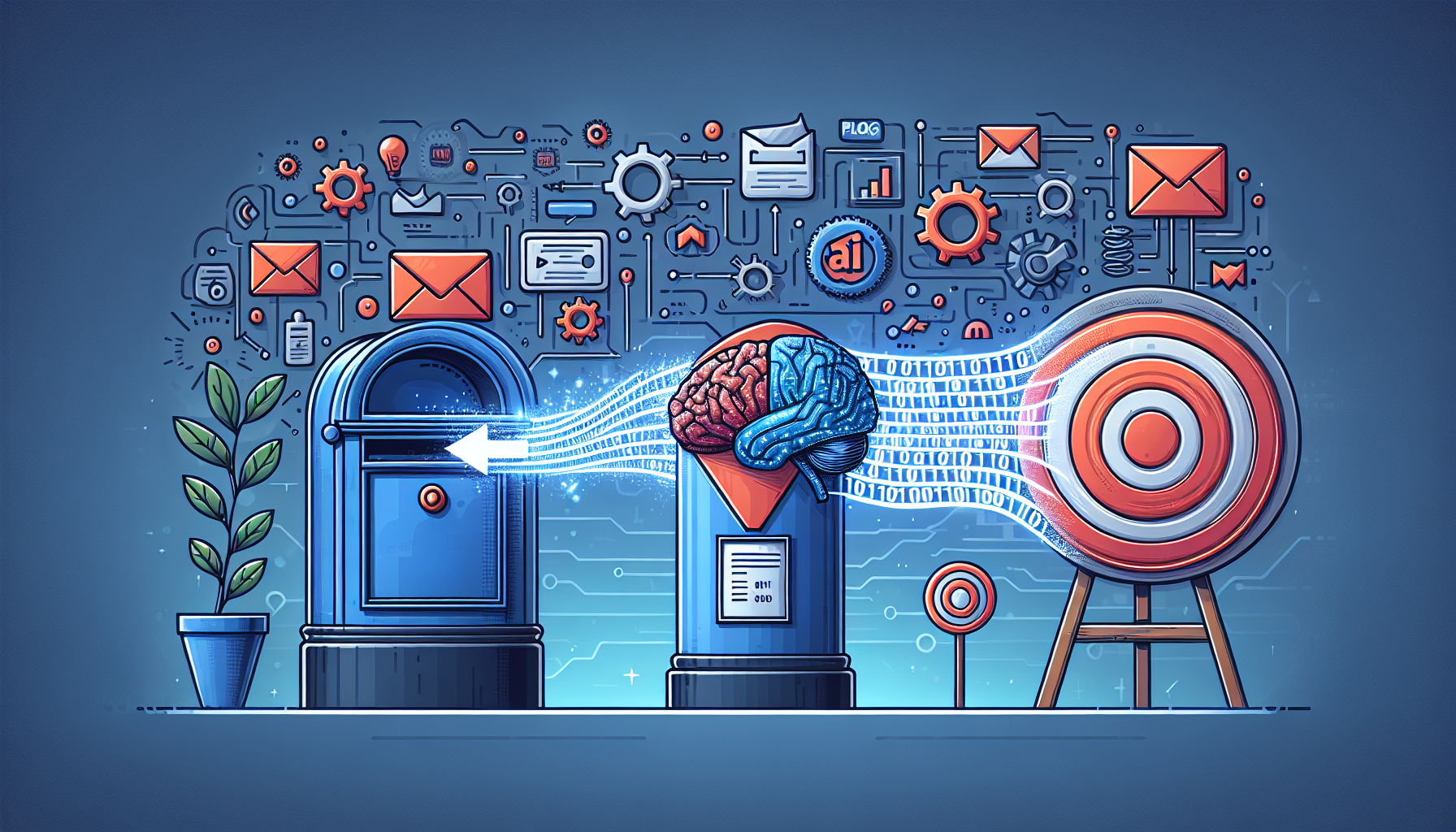Automation and AI tools are fundamentally transforming email marketing by enhancing personalization, optimizing timing, and improving data analytics, thereby driving higher conversion rates and making campaigns significantly more effective.The world of email marketing has undergone a revolutionary shift in recent years, primarily due to the advent of automation and artificial intelligence (AI) tools. These cutting-edge technologies are fundamentally transforming the landscape, particularly in three key areas: enhancing personalization, optimizing timing, and improving data analytics. The impact of these improvements is clear – higher conversion rates and more effective marketing campaigns.
Firstly, let’s consider the enhancement of personalization. In traditional email marketing, sending generalized and impersonal messages to a broad audience was a common practice. Today, AI tools enable marketers to segment their audience more effectively, tailoring messages to meet the specific needs and preferences of each individual recipient. Utilizing machine learning algorithms, AI can analyze customer behavior and past interactions to predict what content will be most relevant and engaging for each person. This leads to highly personalized email experiences, where recipients are more likely to pay attention, engage with the content, and ultimately take the desired action. For example, a user who frequently shops for athletic wear might receive tailored recommendations for the latest sports gear, thereby improving the relevance and effectiveness of the marketing message.
Next, we have the optimization of timing, an area where automation tools shine. Timing is everything in email marketing. Send an email too early or too late, and it risks being ignored or forgotten. Automation tools can analyze user behavior patterns to determine the optimal times for sending emails. This ensures that messages are delivered at the most opportune moments, when recipients are most likely to open and engage with them. Additionally, these tools can adjust sending schedules dynamically, based on real-time data, to continuously refine and perfect email timing. For instance, if a particular customer tends to check their email late in the evening, automation tools can schedule messages to arrive during that specific window, boosting the chances of the email being noticed and acted upon.
Improving data analytics is another critical transformation brought about by AI in email marketing. Marketers now have access to an unprecedented depth of data, which can be meticulously analyzed to derive actionable insights. AI-driven analytics provide a clearer understanding of customer behaviors, trends, and preferences. Marketers can track various metrics such as open rates, click-through rates, conversion rates, and more, with greater accuracy and detail. This wealth of information allows for continuous optimization of email campaigns, ensuring that strategies are data-driven and outcomes are measurable. With AI’s ability to process vast amounts of data quickly, marketers can react and adapt to changes in consumer behavior almost in real-time, keeping their campaigns relevant and ahead of the competition.
In summary, the integration of automation and AI tools in email marketing is ushering in a new era of enhanced personalization, optimized timing, and improved data analytics. These advancements are not just about keeping up with trends; they are about driving better results. As a result, marketers are witnessing higher conversion rates and significantly more effective campaigns. By leveraging these technologies, businesses can ensure that their email marketing strategies are not just reaching their audiences, but truly resonating with them, leading to greater engagement and success.

 Logging you in...
Logging you in...